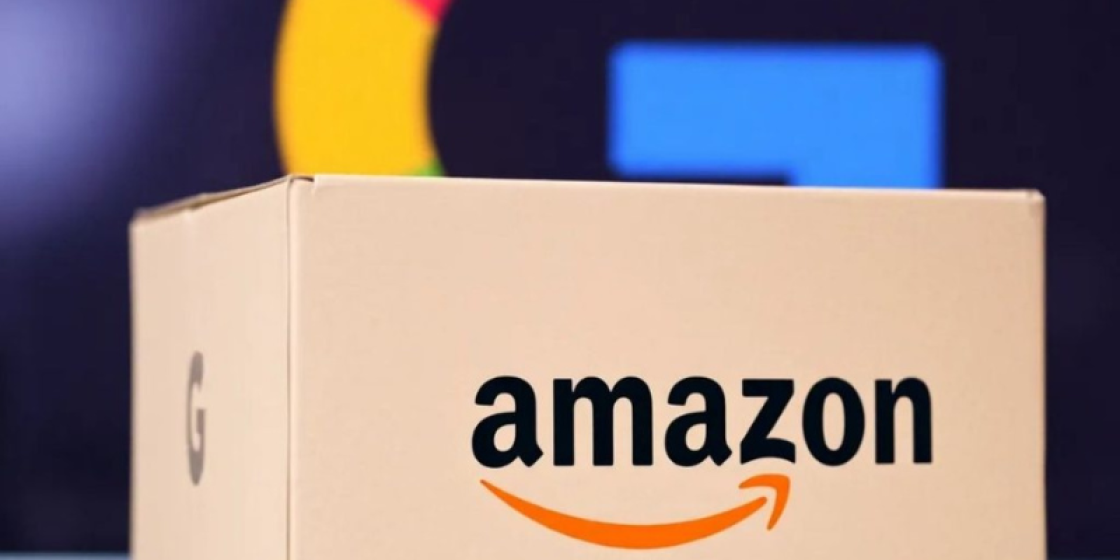Amazon steps back from Google Shopping. Should brands care?
Amazon has quietly pulled its listings from Google Shopping. There’s been no official statement, no formal explanation. But the shift has become increasingly clear over the past few weeks, and if it’s not a test or a glitch, it could mark a meaningful change.
This isn’t the first time Amazon has recalibrated its approach to external traffic. But opting out of Google Shopping - a space where it’s been a dominant player - has the potential to mark a meaningful shift in the shopping landscape if it's permanent.
A clearer path for others
Without Amazon listings filling top spots, we’ve seen some brands gain visibility they weren’t getting before. CPCs in certain categories could certainly soften too. DTC players, retail partners and marketplaces may find this creates a short-term opening, especially if they're positioned to capitalise on lower competition in high-intent search.
For brands dependent on Amazon distribution, though, the impact may be more challenging. Losing that presence in Google Shopping could mean reduced discoverability and fewer conversion paths, particularly on lower-funnel queries.
What’s behind the move?
There are a few logical reasons Amazon might step away.
It could be cost-related. Running Shopping ads at Amazon’s scale comes at a price and Amazon is reportedly the largest advertiser on Google today.. If those campaigns aren’t driving incremental value, pulling spend may make sense. Note also, they haven't come off search entirely, just shopping.
It could also be strategic. Participating in Google Shopping means feeding data into a rival ecosystem. Amazon’s own ad business is now too big to ignore, and it may be prioritising channels that keep traffic and insight inside its own environment.Or it might reflect changing consumer behaviour. Search isn’t always the first stop anymore and Google is more under threat in it's core business right now than it ever has been before.. Shoppers are browsing directly on Amazon and TikTok. Maybe Amazon no longer sees Google as mission-critical for product discovery and has decided now is the time to capitalise on this consumer behavioural shift.
Context matters
This fits a broader pattern. Platforms are becoming increasingly closed, each trying to own more of the shopper journey. That means fewer shared signals, more internal optimisation, and a growing tension between collaboration and competition.
If Amazon’s move is permanent, it underlines how fragmented, and protective, the retail media landscape is becoming.
What now?
In the short term, there’s a window for brands to test and learn. If you’re running Shopping campaigns, now might be the time to see what shifts without Amazon in the mix.
More broadly, it’s a reminder not to build strategy too heavily around any one player. When platforms shift, it tends to happen quickly and quietly. This might be a temporary decision. But if it’s not, it’s a sign of where things are heading.



